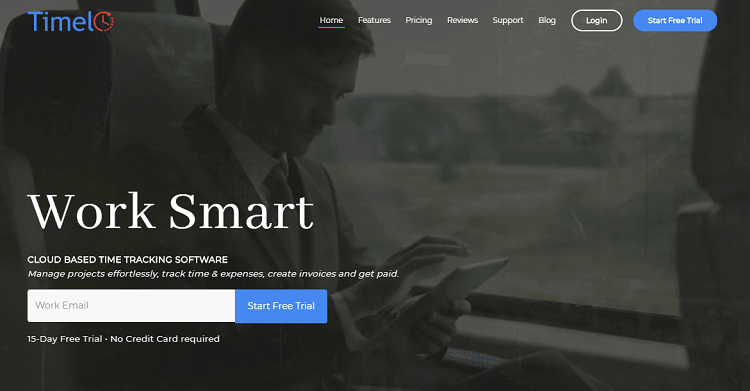Fixed vs Flexible Working Hours: Which one is better?
Primarily, there are two types of working people found in every workspace. The first type of workers are bound to sit in an office for standard 9 to 5 called fixed hours while the second type of workers are provided flexible working hours they can choose from called flexible hours. So which one is better from flexible vs fixed working hours?

Fixed vs Flexible Working Hours
In fixed working hours, you get up; you do your exercise, take shower, have breakfast, and take a cup of coffee, dress up and then make your way towards the long and dreaded commute to work. Once you arrive, you start working, take lunch, attend a few conferences and you’re done by 5 pm. Get up from your chair, say ‘goodbye’ to your colleagues, punch out and you’re done for the day. is that all your life is about? Easy, simple, and quite old fashioned and sometimes not the most efficient.

While in flexible working hours, workers stand to experience a large number of advantages. One that many workers point to first is the flexibility to meet household needs, personal necessities, and life responsibilities conveniently. The flexible work plan may even provide work-from-home choices or working remotely from any location where mobile Internet is available to interact electronically with customers and other peers. This flexible schedule can be a fruitful option for some businesses, giving employees a little bit more leeway with their time while giving businesses some advantages of their own.

Pros and Cons of Fixed Working Hours
On the plus side, people working in a fixed hour get more chances to coordinate with the people. Employees with fixed time work schedules can harmonize better with other workers and their superiors because of shared time and collaborative workspace, which assist build good working relationships. Giving directions to and tracking the performance of employees who work during the same hours or shifts are more adaptable. It's more comfortable to schedule and conduct team conferences and training when co-workers and other team members have common work hours.

The bad side, regular office hours are 9-5 pm, which means you need to hit the road around 8 to 8:30, along with everyone else. Depending on how severe the rush hour traffic in your area can get, the burden of the daily commute can consume you out long before you arrive at the office, and that’s not a good start for any worker who’s got a long day of work ahead. Absenteeism and lateness can become a common phenomenon particularly during bad weather when traffic is long and heavy and traveling to and from work becomes inconvenient.

Pros and Cons of Flexible Working Hours
On plus side, a more flexible work schedule enables workers to pursue other trades, hobbies, or higher education. By managing their time better, employees can maintain a work-life balance, get more control over life experiences, and have reduced pressure, as they get more time to attend to family and private concerns. Depending on their schedule, employees can work at their most fruitful and most suitable hours.

The bad side of the flexible schedule comes with a lot of distractions and interruptions, which may result in reduced focus, low fertility, and poor time management. Employees with flexi-time schedules may come and go at different hours, which can influence their interpersonal relations with other workers and make it more difficult to build rapport and cooperation. Also, flexible working plans mean extra work for the administrative team that has to make a special tracking system for irregular work hours, monitor the different schedules.

How to Track the Working Hours?
Either of them you find better, keeping record of employee hours is important for any business. For that purpose, you’ll need an efficient time tracking software for accurate records of employee hours and maintaining attendance, managing HR work, staying compliant to work arrangements, as well as collecting the data you need to make payroll.

Equally significant is keeping an adequate attendance tracking system that is not time-consuming and unmanageable for employees. Otherwise, data becomes tricky for labor records, reporting and other jobs that depend on precision.
